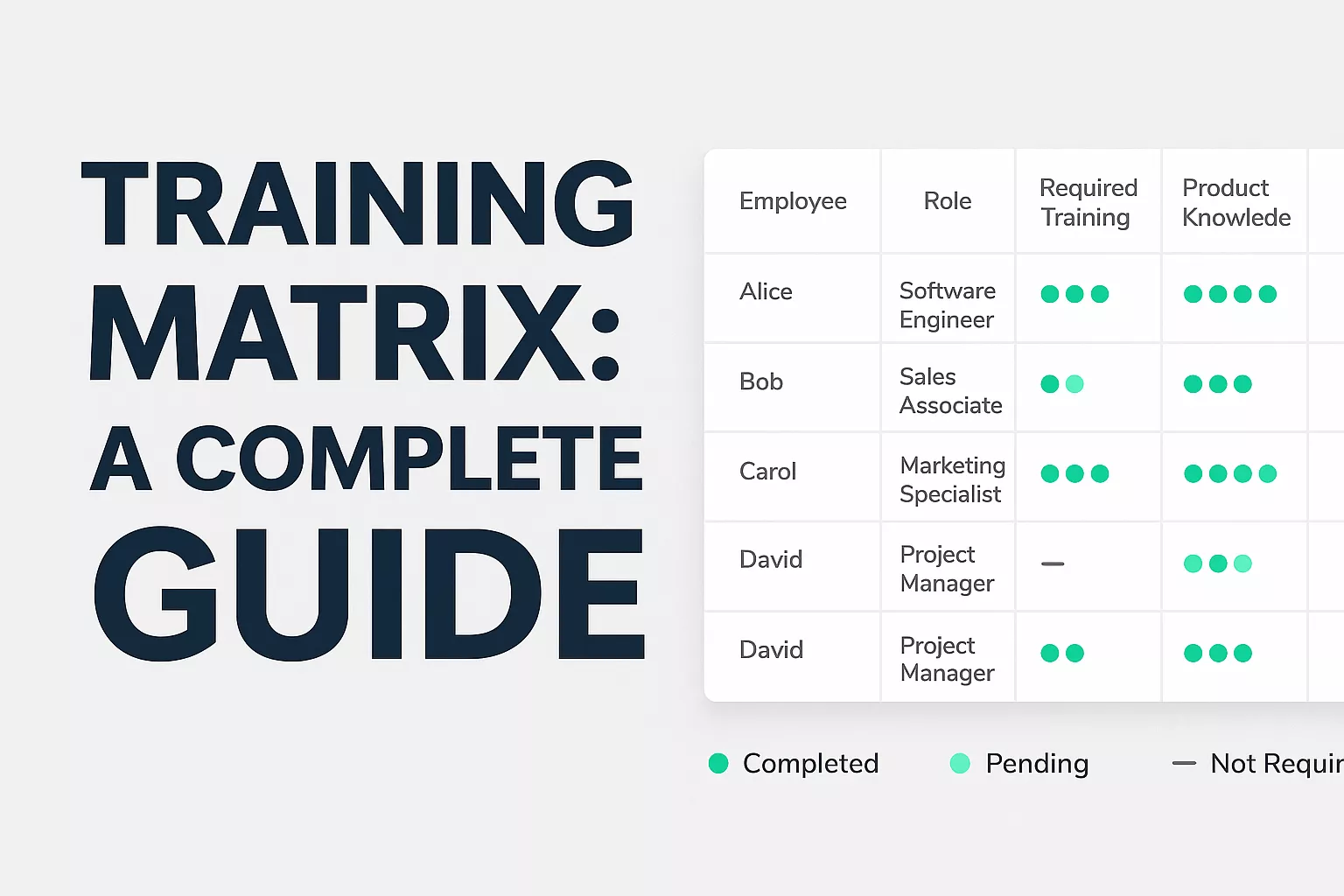by Venchito Tampon | Last Updated on October 31, 2024
How will your learning from today’s training impact your work?
Four tangible results you’ll achieve when you apply your learnings from today’s training:
1. Build Competencies
By gaining knowledge, reflecting on and changing attitudes, and applying skills discussed in the training sessions, you’ll build the right competence for work application.
Competencies include leadership communication, sales management, basic customer service, and people handling.
2. Increased Productivity
By applying the skills you’ve practiced during simulations or role-plays during training sessions, you can increase the quality of your output in less time (efficiency).
3. Enhanced Collaboration
If you’ve participated well with your teammates during training sessions, you could improve your communication, which is essential to better teamwork in real work.
4. Boosted Morale
Feeling valued and inspired after the training helps create new personal growth opportunities. By boosting your personal morale after the training, you can enjoy your work, leading to better performance.
5. Career Advancement
By leveling up your competence, you prepare for promotions. As you acquire and master new skills for future leadership roles, you prepare for career advancement.
Contents
ToggleWhy Training Matters?
Corporate training programs matter to modern businesses. As industry and internal organizations change, so must employees. They need to be equipped with the right tools, strategies, and competencies to perform better at work and achieve individual and organizational goals.
With talent development and identified learning and development interventions, an organization can bring its employees to the next performance level, directly impacting revenue and profits.
Immediate Benefits of Today’s Training
After the training, participants (employees) can gain benefits, to name a few:
Skill Enhancement
Acquiring new technical and soft skills takes time and can only be done with the help of a facilitator who has a proven track record in the subject matter he or she is teaching and training about.
Skills enhancement could be observed more during simulations and role-plays, making the training programs a place for skill practice.
By immediately applying what they have learned, they will retain their knowledge in a deeper way, which will enhance their competence.
Knowledge Application
The best corporate trainers in the Philippines must provide practical examples from real-life case studies of individuals and organizations to help participants view the actual application of knowledge.
It is also best to share relevant experiences about topics they share. For instance, if he is sharing about overcoming rejections in sales, he may share lessons and strategies during sales meetings he actually experiences to build up his self-confidence.
Applying theoretical knowledge to practical tasks helps participants appreciate the training even more, as they will have actionable takeaways that can directly impact their daily work (once used).
Behavioral Changes
Apart from knowledge and skills, training also addresses behavioral changes. By adopting new attitudes and behaviors, participants can embody them as part of their personal values and culture, which can later collectively impact the workplace culture and environment they’re in.
Long-Term Impact on Work and Career
Training programs as they run can have long-term effects on the work and career of individuals who participate in them.
Improved Performance
Effects on achieving KPIs and hitting them with specific metrics could be derived from days of training programs. As participants have gone through the sessions, they now have the necessary skills to be more efficient and effective at work, leading to more real-life success stories.
Career Growth and Opportunities
Corporate training programs that are holistic in nature (they touch both heart, hand, and heart) can help establish a growth mindset for employees, giving them an edge over other employees in competing companies.
For instance, conducting effective communication skills training for employees can help them become more aware of their internal dialogue and daily conversations with their colleagues. This would benefit them in many ways, addressing the team’s concerns and serving their stakeholders and clients.
Increased Job Satisfaction and Retention
Generally, investing in corporate training programs helps increase job satisfaction and talent retention. Employees fulfill their roles better and provide their best service to the company. In L&D practice, it’s important to have the data available to support claims of this kind of long-term impact on your organization.
Hire an L&D consultant who can help you design organizational interventions that produce results for the company. This will also help you see the ROI benefits of training.
Organizational Benefits
Ultimately, the organization should benefit from training programs. If you have your talent development (L&D) team, you could effectively strategize which competencies to focus on in every year’s training calendar.
Training benefits the entire organization in many ways, including:
Enhanced Overall Productivity
If you’re doing training in batches and targeting specific competencies, you could see the real impact of training on every team’s productivity. Achieving KPIs, removing inefficiencies, and driving the business forward are some of the results of effective learning training programs.
Fostering Innovation
Innovation is necessary to sustain the organization’s growth, as it allows employees to think of new ways and means to improve customer experience, create new products/services that satisfy more customers, and develop a healthy culture inside the organization.
Include programs like strategic thinking and problem solving in your learning sessions to produce more success stories of innovation inside the organization.
Strengthened Team Dynamics
Team dynamics drive high performance for the organization. By discovering the current state of teams and applying necessary tools and strategies to enhance collaboration and team dynamics, you’ll find that the organization will acquire flexibility and agility to create extraordinary business results.
The Author
Venchito Tampon
Venchito Tampon is a Filipino motivational speaker, Business Consultant, Founder and Lead Corporate Trainer of Rainmakers Training Consultancy. He trained and spoken in over 250+ conventions, seminars, and workshops across the Philippines and internationally including Singapore, Slovakia, and Australia. He has worked with top corporations including SM Hypermarket, Shell, and National Bookstore.
He also founded SharpRocket, a digital marketing company, Blend N Sips, eCommerce for coffee supplies, and Hills & Valleys Cafe, a local cafe with available franchising.
He is a certified member of The Philippine Society for Talent Development (PSTD), the premier organization for Talent Development practitioners in the country.
An active Go Negosyo Mentor (of Mentor Me program) and a business strategist and consultant.
You may also like
Best Leadership Training Providers in the Philippines [2026]
If you’re short on time: After evaluating 15+ corporate training providers in…
Training Matrix: A Complete Guide
Training mix is a structured framework that helps HR and Learning and…




